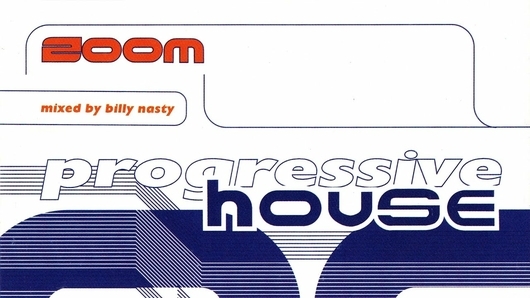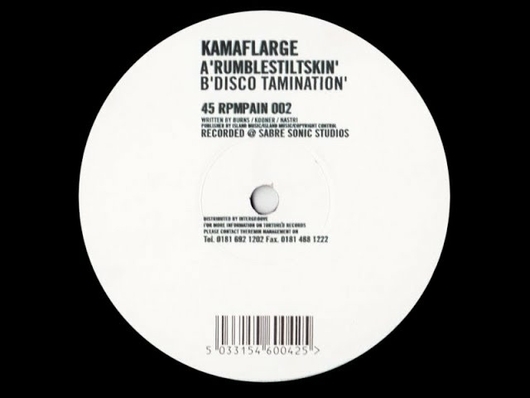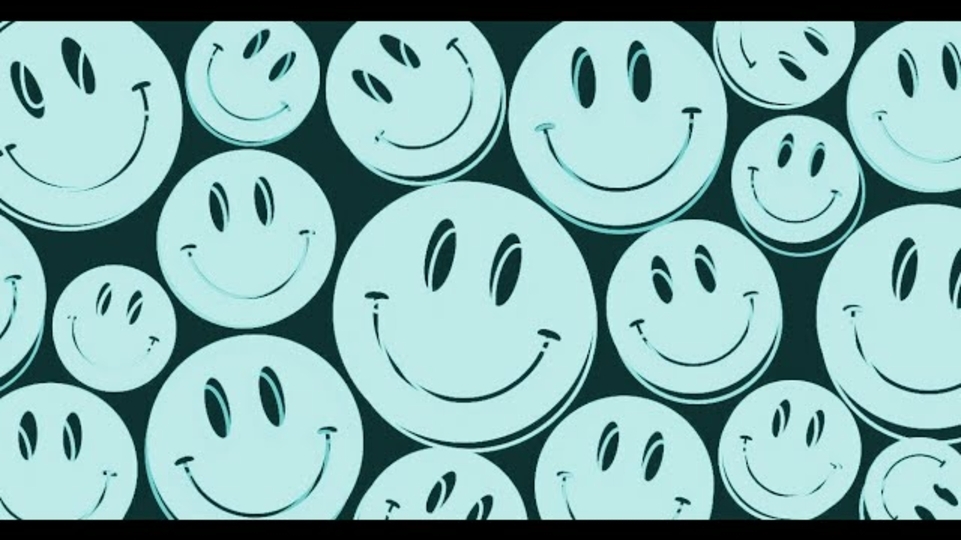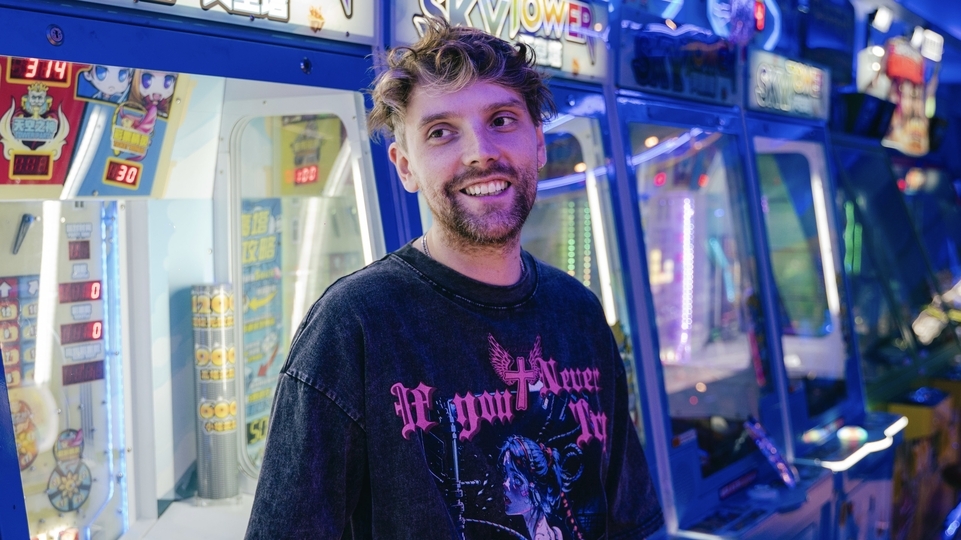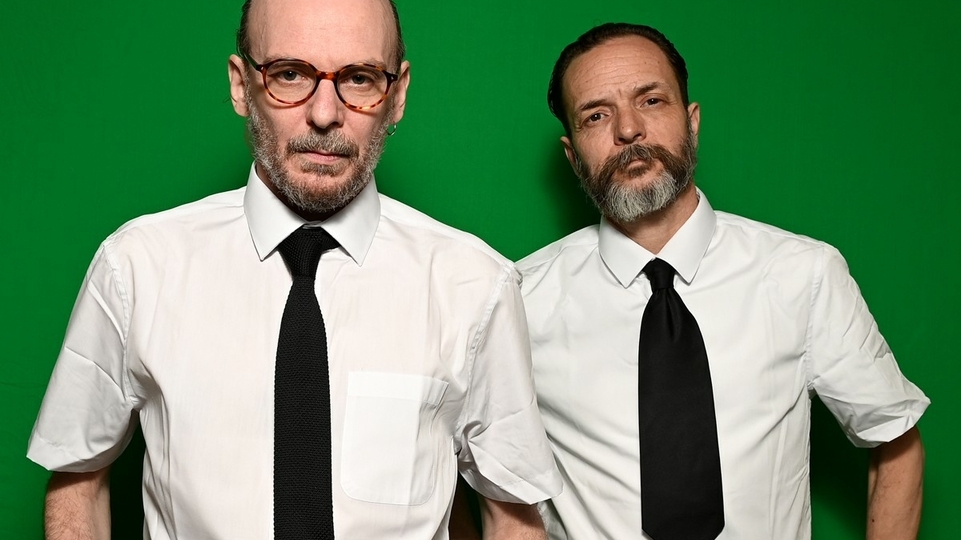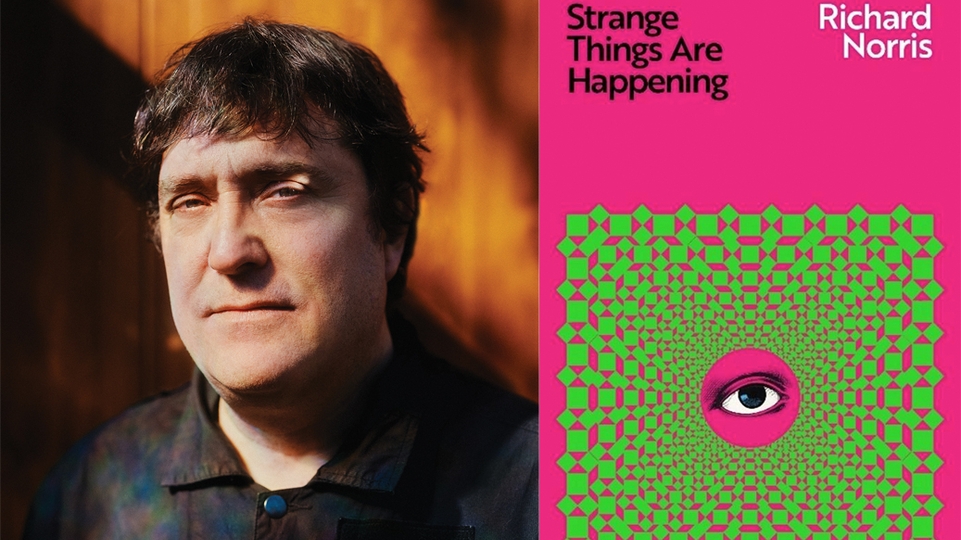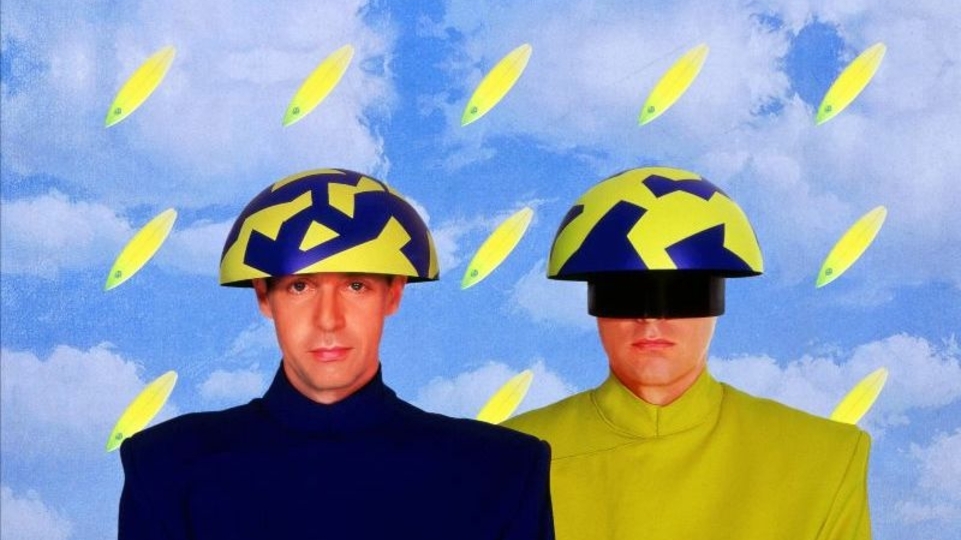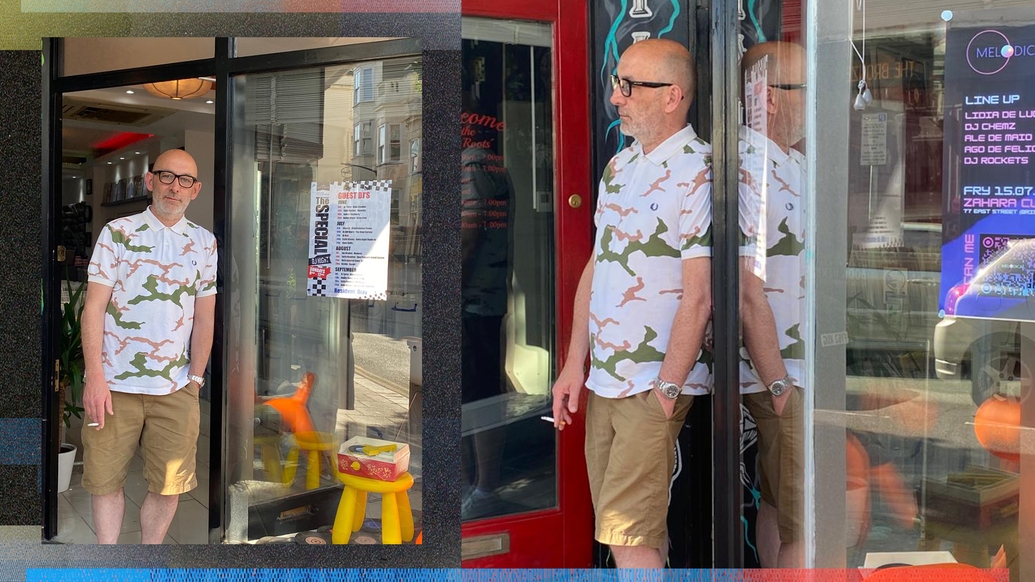
At home with: Billy Nasty
A stalwart of the UK’s dance music community for over 30 years, DJ Billy Nasty was a pioneer of '90s progressive house before launching his techno and electro labels, Tortured and Electrix. A true vinyl devotee, he now runs the Vinyl Curtain record shop in Brighton. Harold Heath meets him in his home town to talk mix CDs, underground dance music history, running labels and the enduring importance of vinyl DJing
It’s fitting that DJ Mag meets acid house original, world-class DJ, UK techno trailblazer, mix-CD pioneer and vinyl-devotee Billy Nasty in his record shop The Vinyl Curtain in Brighton. Definitely a DJ-who-produces rather than a producer-who-DJs, Billy’s been in the game since the ‘80s, beginning his DJ career during London’s pre-acid house rare groove scene. Rare groove was based around the worship of holy grail ‘70s funk vinyl and like many of his generation, Billy never lost his religion.
Surrounded by racks of vinyl, it feels a little like his life has come full circle. “I've collected records since I was 13,” he tells us with a wry smile. “So that’s nearly forty years of collecting records and thirty of DJing and working in record shops. I still believe in vinyl and still feel it's the musical connoisseurs’ format of choice. I'm aware that technology has advanced and you can go to gigs with a three-hour set on a memory stick, but I still like rolling the old way. And that's why I'm proud of the shop and keeping vinyl alive: it’s a big part of my life, always has been.”
Over that thirty year career, DJ Billy Nasty has played all over the world, created a well-respected production catalogue, mixed the first-ever commercially available DJ mix CD, run two influential record labels — Tortured and Electrix — and remained staunchly dedicated to his beloved electronic music and the format it was born on.
It was at a mid-‘80s night called Flim Flam in New Cross with DJ Jonathan More from Coldcut on the decks that a sixteen-year-old Billy — already an avid vinyl collector — decided that DJing was for him. “He was playing everything from early James Brown, Bobby Byrd-type stuff to Afrobeat, you could hear Tony Allen there, to Grace Jones; it was a real nice mixture and it was the first club that really inspired me to be a DJ.” Spending nights at The Mudd Club and The Wag, he immersed himself in the funk, go-go and fledgling hip-hop of mid-‘80s London and as a dedicated clubber, the arrival of acid house in the late ‘80s was a natural progression.
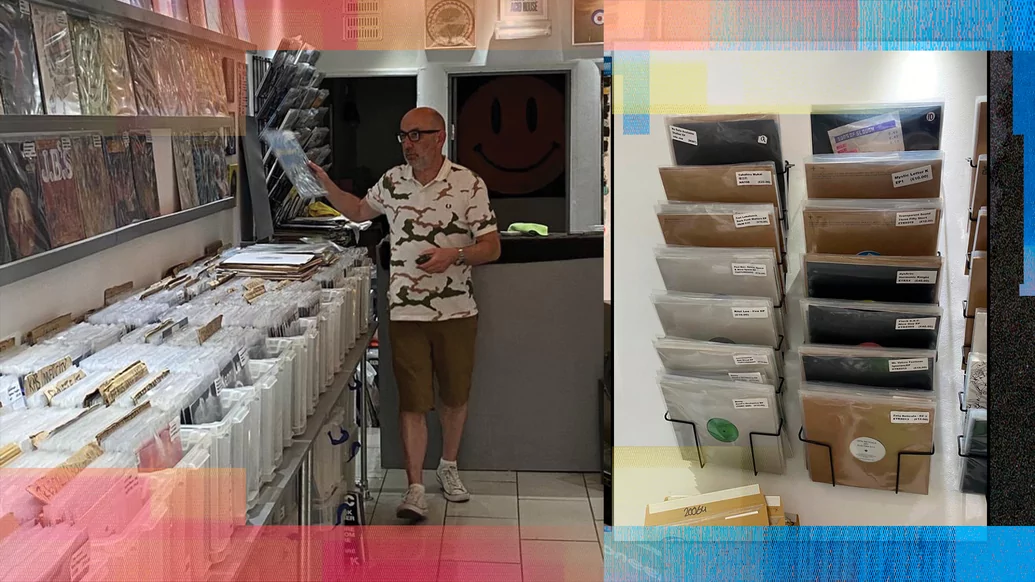
Billy landed a job behind the counter at Camden’s influential Zoom Records in 1989, at a time when records shops weren’t just somewhere to buy records. They were dance music community hubs, spaces that drew the like-minded together; where you first realised you were a member of a tribe. “There was only a few magazines at the time,” Billy recalls, “so the only daytime kind of representation of the music you heard in clubs was the record shop. People would come in for flyers, buy tickets for the raves, check out mixtapes, listen to the music, you’d have people coming in and humming you tunes to find out what they were: it wasn’t just selling records.”
Billy worked at Zoom until the mid-‘90s, during the period when dance music split into rave, hardcore, jungle, progressive house, trance and more. These were exciting days when producers wrestled fresh sounds from their Akai samplers and when the record shop functioned as the home for new emerging sub-genres. “I think it was a very influential shop,” Billy continues. “Me and Zoom’s Dave Wesson used to do reviews for Mixmag Update and we were one of the shops that compiled lists for the Cool Cuts Chart at a time when all the major labels were starting dance divisions.”
A decent record shop in the early ‘90s could shape and influence the direction of the industry and Zoom, acting as an interface between underground culture and the mainstream major labels, was a central player.
Zoom and Billy were right at the heart of the new UK progressive house sound which quickly led to more DJ gigs. “Through working at the shop I met the guys who ran the Brain Club in Soho and was lucky enough to get a DJ residency there when I was only about 19. That experience of working every week in London was where I really cut my teeth as a DJ.”
Billy and Steve Bicknell played all sorts of cutting-edge electronic music including the emergent progressive house of labels like Guerilla, Soma, Cowboy, and of course Zoom Records. And it was Zoom who released early UK progressive house classic ‘(In The Age Of) Perfect Virtue’ which was Billy with Dave Wesson and Steve Jones, recording as Shi-Take.
Shi-Take’s ‘Perfect Virtue’ and records like it were a significant development from UK hardcore and rave which had ruled much of clubland in the preceding years, a new take on house music which drew on elements of US garage, US techno, Italian house and European trance. Rich, heavy productions with layers of tribal percussion, big booming basslines that often doubled up as lead riffs, progressive house also had a slower tempo and a more measured aesthetic in contrast to the ever-increasing ‘mentalism’ of rave. It was a sound that proved extremely popular and Billy with Shi-Take and as Vinyl Blair with Steve Jones was at the forefront.
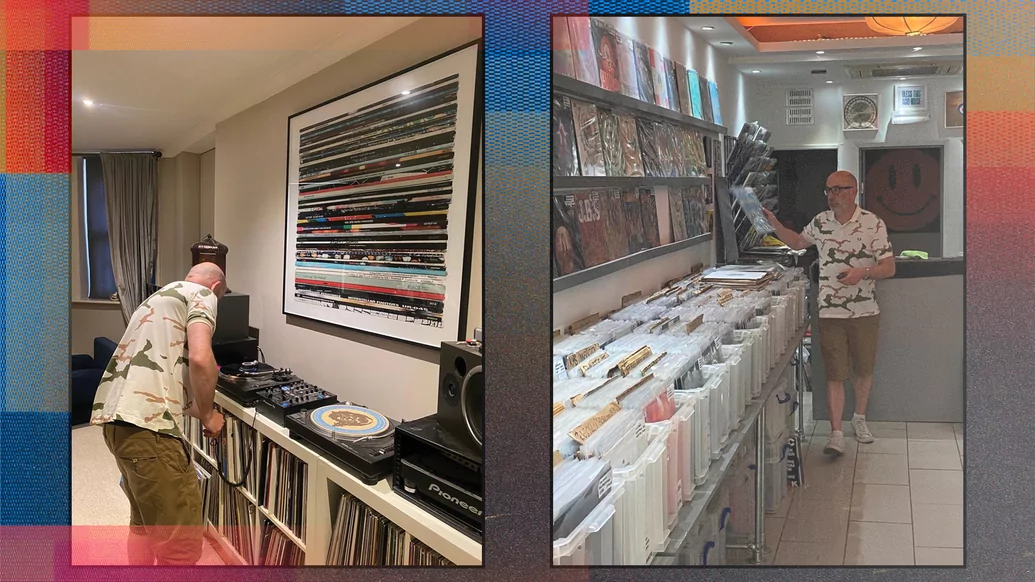
"For us older guys, falling in love with music, sourcing records, learning mixing, getting out, meeting people in shops, trying to hustle for work, doing tapes, doing parties, working on your trade — it was a whole different kind of apprenticeship.”
The Vinyl Curtain, Billy’s favourite pub the Black Dove and his flat are all within a serendipitous golden triangle of about a minute and a half’s walking distance from each other. As late afternoon beckons, Billy locks up the shop and we head off for some afternoon drinks. The Black Dove is cosy, vibey and with a well-deserved reputation for infamously good cocktails and decent leftfield vinyl nights, one of which is run by Billy. “I've started a night at The Black Dove called The Magnificent 7s where we only play 45s. I've been lucky to do it with DJs I really like, so we’ve had the Beta Band lead singer Steve Mason, Prime Cuts from the Scratch Perverts, Mr. Thing, and my favourite DJ Ben Sims, who loves his dub, reggae and stuff like that.”
Slim, shaven-headed, stubble-faced and with a slight nicotine rasp to his voice, in his suede brothel-creeper shoes Billy is a distinctive figure around Brighton and he gets several waves and hellos from other locals during our afternoon together. Amiable and full of tales from the last three decades, he’s a man who seems genuinely happy with the life he’s carved out for himself. Over a particularly golden ale, he reflects on how working at Zoom led to him being involved in a pivotal moment in dance music history: the very first commercially available DJ mix CD, ‘Journeys By DJ’ in 1993. “I was one of the residents of Brain,” says Billy, “and Tim Fielding who ran Brainiac Records was aware that my mixtapes were exchanging hands and getting me gigs all over the country, so he asked me to do it.”
Mix CDs went on to be huge in the pre-Mixcloud, pre-Soundcloud 1990s, but early in the decade the concept of a DJ-curated and mixed CD compilation was still novel. “I remember at the time we had made a list of twenty potential tracks and about ten of them knocked us back because they didn't think it was a good idea, and I had to convince five of them personally, saying ‘Look, I'm doing these mixtapes, you’re not getting a penny out of this, let’s do this officially’.”
Billy eventually convinced enough producers and artists to agree to be involved and ‘Journeys By DJ Volume 1: In The Mix With Billy Nasty’ was an instant hit. Its pitch-perfect track selection and high-energy live vibe proved extremely popular and listening back now, nearly 30 years on, it perfectly encapsulates the UK progressive house scene of the time.
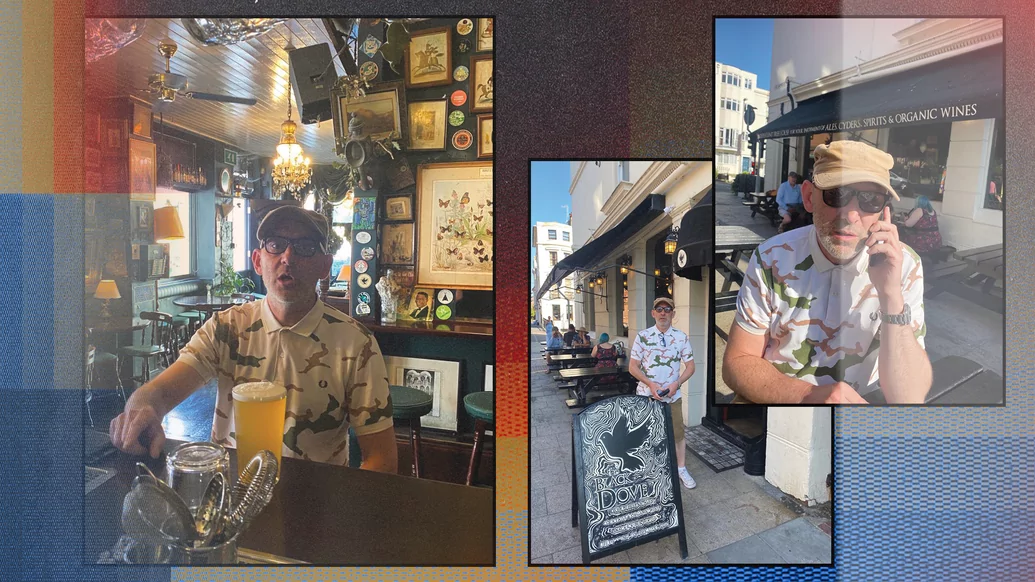
As his DJing career sky-rocketed, Billy’s production career also picked up pace and during the ‘90s he recorded with Gary Burns and Jagz Kooner from Sabres Of Paradise as Kamaflarge, with Radioactive Man (Keith Tenniswood) as Radio Nasty, with Richard Brown as Barb-Wire on UK techno label Bush, with Paul Daley from Leftfield as Council Complaints Department, as well as releases on Plastic City, Moonshine Music and more.
Despite a production career that has now spanned around three decades, Billy Nasty still thinks of himself as a DJ first and foremost, and a vinyl DJ at that. We finish up our drinks and as we head over to his flat we chat about how the industry has changed over the years.
Billy’s attitude towards the age-old digital/vinyl debate is in no way combative or backwards-looking. Rather, it springs from the insight that much of his success over the years has come about almost as a by-product of his love affair with music and vinyl: “Records have been the one constant thing through my life, and were the reason I became a DJ, whereas now some young kids who want to be a DJ, for them the music is secondary. Some of them look at the stage and think ‘I want to travel the world’, and music is something they use to achieve that. For us older guys, falling in love with music, sourcing records, learning mixing, getting out, meeting people in shops, trying to hustle for work, doing tapes, doing parties, working on your trade — it was a whole different kind of apprenticeship.”
In the mid-‘90s Billy left Zoom and also founded his DJ agency Theremin, looking after DJs like Marco Carola, Adam Beyer, Jim Masters, Phil Perry, Umek and Oliver Ho, and bringing them over to the UK to help spread the 4/4 gospel. As the ‘90s progressed Billy got more into techno and in ’97 he set up his first record label — Tortured. He picks up the tale: “At the time there was a snobbery that the only real techno came from America or Detroit and certain European artists weren’t techno. So we set up Tortured to showcase young European talent, and within the first few releases we put out stuff from Adam Beyer, Marco Carola, Dave Angel and The Advent. And again, I had a good relationship with people from working in the shop, so when I told people I was starting a new label, everyone was up for it and that was that — bang!” Tortured’s first run was from from ’97 to 2006 and it was a highly influential label in championing quality UK and European techno.
Billy was also a leading figure in the 21st-century electro resurgence, launching his electro label Elextrix in 2000, a time when the genre was far from fashionable. “There were probably only about 200 electro producers in the world,” he tells us, “and there were only around 50 of them that were at Champions League level.”
The first Electrix release, from Umek as Zeta Reticula, was an absolute beast of an EP, deftly blending raw techno aesthetics with electro rhythms and setting a high bar for what would prove to be another highly influential label. “We started doing Elextrix with producers who were predominantly known for doing techno but who also loved electro,” says Billy, and the label went on to put out cutting-edge music from Phil Keiran, Carl Lekebusch, Dynarex, The Advent and Mr Velcro Fastener.
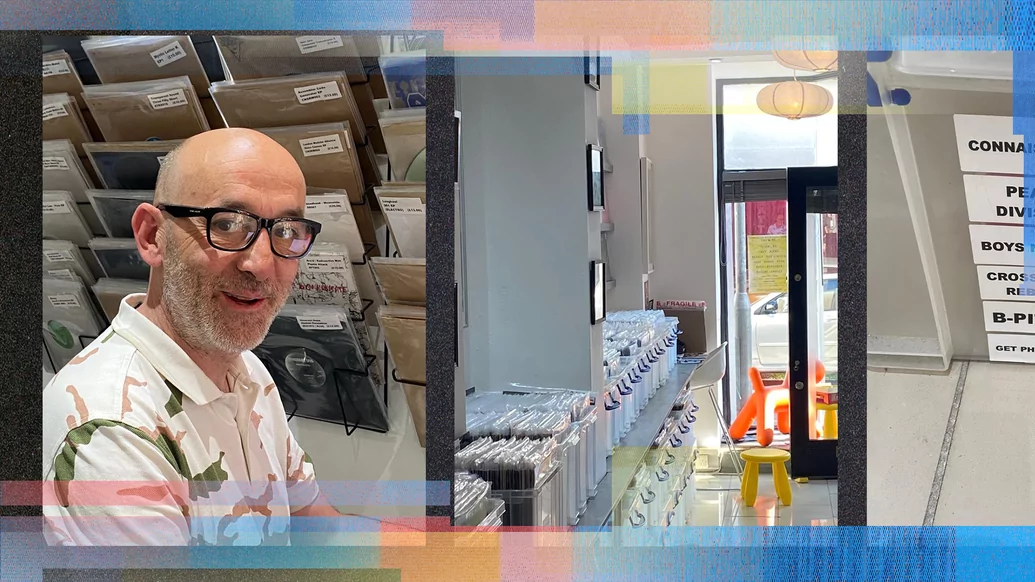
"If you like your work, then it's not really work. I'm in the shop listening to records all day and if I didn’t have the shop I'd just be at home listening to records all day. DJing and having my own record shop — I couldn't be happier.”
When Billy says that “Tortured and Electrix both did really well, and I think were definitely some of the defining labels of that time”, he's right, but by the mid-2000s, dance music was reeling from the impact of the digital revolution. Record shops, labels and distributors were going out of business every month and Billy’s labels suffered just like everyone else. “Basically, it was the digital boom, where record shops were going bust owing money to distributors who were owing them to the labels. By 2006 techno and vinyl were dirty words, no one liked electro and it was a bit of a battle to claw back the rest of my stock from the company that took over my distributor.” Like many, Billy found himself trying to set up a new print and distribution deal for his labels in an economic environment that had decided vinyl was finished. It was tough going for a while and he eventually put both labels on hiatus, concentrating instead mostly on his first love, DJing.
“It was upsetting because I wasn't active with the labels and stuff but I was still DJing through all this. You know, I always do exactly what I want: I've always tried to stick to what I do, and just like fashion goes round in circles, you find that people move on to new artists and then all of a sudden, they came back round to where you are. Once the dust settled from the digital explosion, I thought ‘I'm just gonna carry on doing exactly why I always did’. I just thought, ‘I fucking miss working on the labels’, so I relaunched them.” Billy jump-started both Tortured and Electrix in 2013 and while vinyl sales are no longer at their 1990s levels, the renewed popularity of both labels with DJs and dancers alike prove that the underground still wants quality electro and techno on wax.
Looking back over his career as he sits surrounded by vinyl in his flat, Billy Nasty is a man content with what he’s achieved and enthused about what lies ahead. “I feel super lucky to have been in the music business, to have had jobs in record shops and become a DJ — because if you like your work, then it's not really work. I'm in the shop listening to records all day and if I didn’t have the shop I'd just be at home listening to records all day. DJing and having my own record shop — I couldn't be happier.”
Most of all, as the world opens up again Billy’s excited about returning to hauling a record trolley from airport to airport as he continues his ongoing journey by DJ to share the finest electronic music with the world. As we leave, he gives us the quote that sums up the clearly inappropriately named Mr Nasty: “There’s just something really beautiful and positive about putting people on to music, sharing music with people: it’s a real positive, spiritual thing to do.”
* Billy Nasty’s record shop The Vinyl Curtain can be found at 47A St James’s Street, Brighton.
